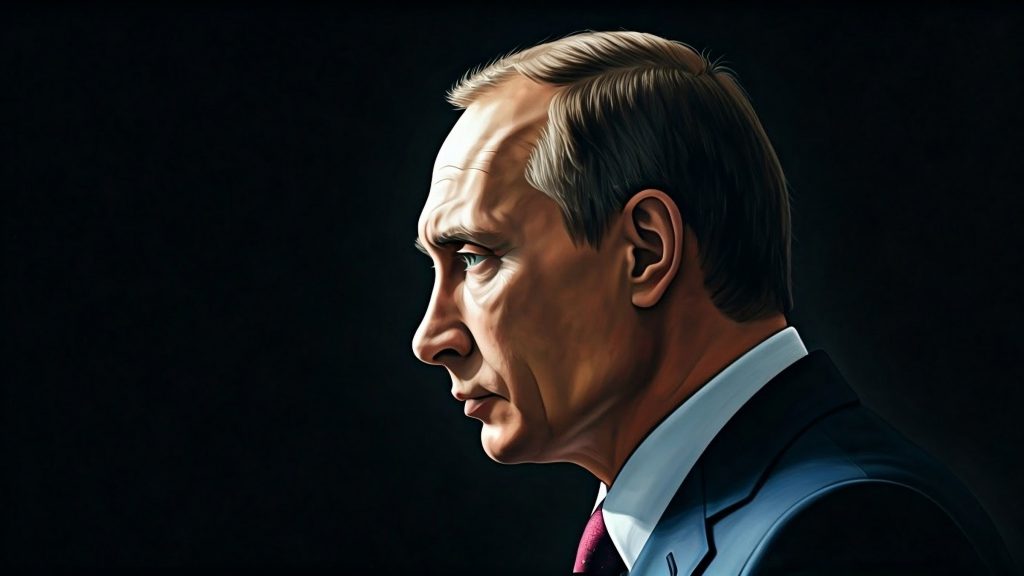
Russia is exporting its state-linked cyber resilience strategy and its technology, to Global South Nations, using sanctions to compel a change in behavior, and attitude, to expand influence while risking espionage backdoors and digital sovereignty conflicts.
Companies like Kaspersky and Positive Technologies, which are sanctioned by the West for alleged spy ties, are now associated with development of digital infrastructure in more than 40 African and Middle Eastern countries – mainly through partnerships and “information sovereignty” pitches.
In April 2024, Nikolai Patrushev, then head of Russia’s Security Council, hosted senior security officials from dozens of countries in St. Petersburg. The gathering promoted “information sovereignty,” a Kremlin concept to shield its own and allied cyber empires from Western surveillance and influence.
Patrushev, joined by Sergei Naryshkin of the SVR intelligence agency, went even further, touting Russian cybersecurity firms as partners to help governments secure and control their national digital space. While largely overlooked in the West, the meeting underscored Moscow’s long-term ambition, to make Russian technology central to the digital infrastructure of the Global South.
Prompted at high-level Kremlin summits, the additions Russian cyber warfare doctrine implements local technology in key networks, which on its own, is already intensifying fears of leveraged access for geopolitical coercion.
Russia’s Cyber Security Offensive and Defensive Strategies
For many countries represented among them Brazil, Sudan, Thailand, and Uganda the Kremlin’s offer was attractive. Russia had for a long time been skillful at producing high end cyber defense strategies, and its attractiveness was known to governments worried about Western digital dominance.
A few recalled mass demonstrations led by Amercian social media platforms and concurred with Vladimir Putin that they represented the future of cyber warfare for Russia.
Moscow has followed these moves with more universal military and cyber security influence initiatives, from deploying Wagner mercenaries into Africa to creating cultural “Russia Houses” abroad that mix soft power with espionage.
Yet, Russia’s department of defense cyber strategy, including Positive Technologies and Kaspersky Lab, have been sanctioned by the US and Europe for alleged ties to a state sponsored attack.
Washington described Positive Technologies’ conventions as “recruiting events” for intelligence operatives, while Treasury officials accused Kaspersky of cooperation with the FSB. Both firms have rejected the claims, calling them “groundless” and “baseless.”
Even though the West has restrictions, these firms have aggressively expanded their cyber resilience strategy elsewhere. Positive Technologies recently signed agreements in Egypt and Saudi Arabia, while its spinoff Cyberus Foundation secured partnerships in Qatar and with the Kremlin-led Collective Security Treaty Organization.
Kaspersky, in turn, has emerged as a front runner in Africa by collaborating with Smart Africa, an alliance of 40 nations, to shape cybersecurity policy and infrastructure.
Cyber Conflicts as a New Global Threat
Russia’s expanding cyber offensive operations hold serious geopolitical consequences for the US and its allied NATO nations.
Through its integration of its companies into foreign markets, Moscow gains economic leverage and access to sensitive national networks. For experts, these joint ventures create potential backdoors for Moscow to support clients’ networks, granting blind influence over regional rivals and the West.
While Western nations restrict Russian government hacking firms, others view Moscow’s offerings as cost effective and politically aligned alternatives.
“It would be weird (and flat-out wrong) to assume these executives were introduced…to give Russian spies leverage,” Kaspersky argued in 2018, denying intelligence ties.
Yet suspicion of offensive cyber operations remains high in Washington, EU, and NATO, particularly after past incidents, such as the 2017 reports of Russian hackers exploiting Kaspersky software to steal classified US documents.
Surprisingly, Western sanctions may have enhanced Russia’s turn to new markets. By having the cyber resilience strategy focus on Africa, the Middle East, and Asia, Russian firms are filling gaps in cybersecurity while consolidating influence in regions where US and European presence has pulled back.
Russia’s renovation of the cyberworld could weaponize Moscow with a strategic strategy in shaping the rules of digital sovereignty and engaging in cyberwarfare globally.
Inside Telecom provides you with an extensive list of content covering all aspects of the tech industry. Keep an eye on our Cybersecurity sections to stay informed and up-to-date with our daily articles.